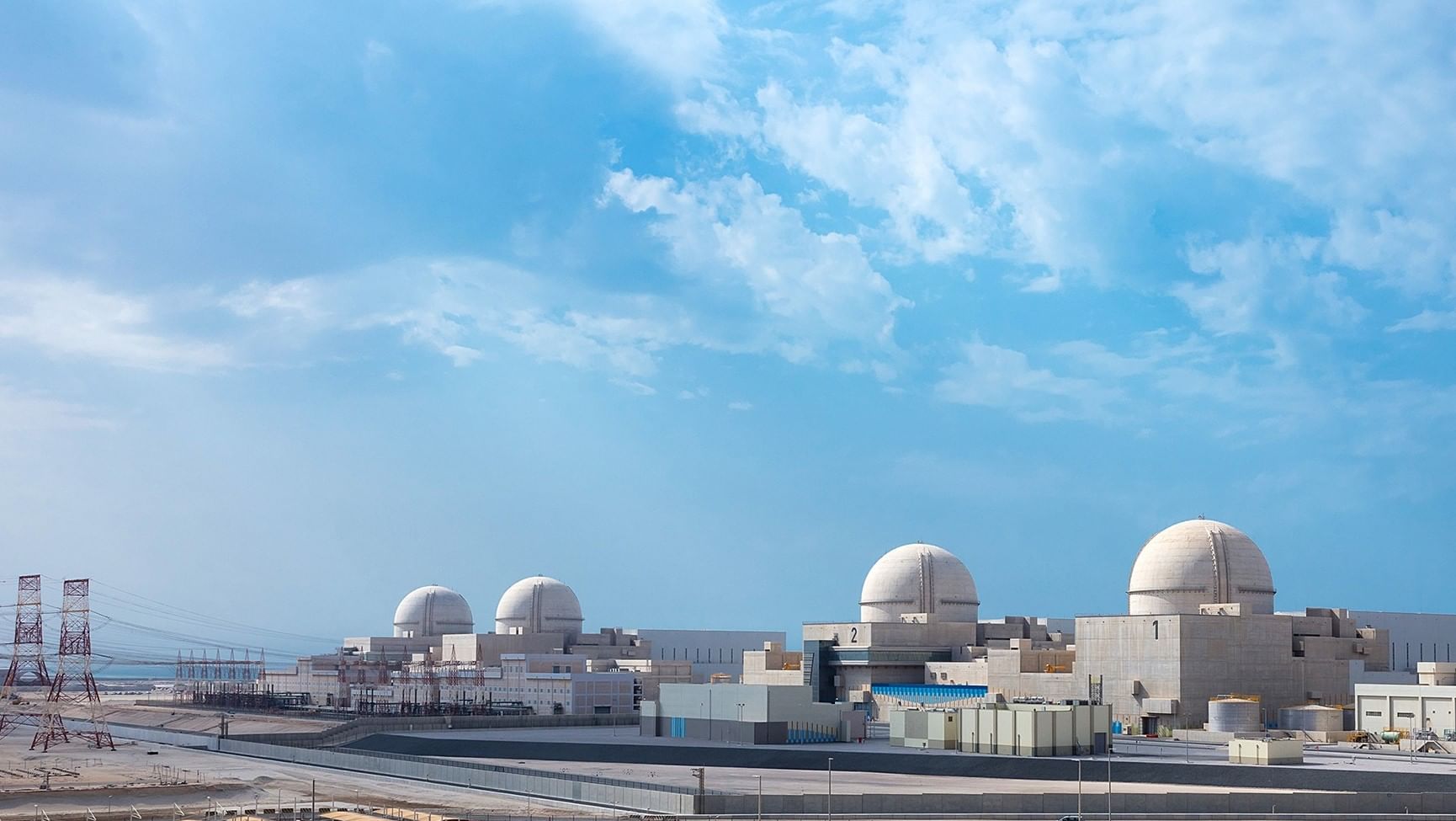Abu Dhabi, UAE – The Emirates Nuclear Energy Corporation (ENEC) on Friday announced that its operating and maintenance subsidiary, Nawah Energy Company, has successfully started-up the reactor of Unit 4 of the Barakah Nuclear Energy Plant (Barakah Plant).
The reactor has begun initial production of heat through nuclear fission, used for generating electricity by turning a turbine with steam.
In the coming weeks, Unit 4 will link to the national electricity grid, entering a testing phase to gradually increase its power output to full capacity.
ENEC has efficiently delivered the four units of the Barakah Plant within an accelerated delivery timeline. Barakah is the first multi-unit operational nuclear plant in the Arab world, with the operational teams starting up a unit every year since 2020, demonstrating steady progress and extensive megaproject management expertise. The Barakah Plant uses four APR-1400 pressurised water reactors capable of each producing up to 1,400 megawatts of clean electricity.
Each Unit has been started up more efficiently than the previous unit, as institutional knowledge and experience are applied to each subsequent unit. Unit 3 was delivered four months faster than the Unit 2 schedule, and five months faster than the Unit 1 schedule, demonstrating the significant benefit of building multiple units within a phased timeline.
“The start-up of the fourth unit of the Barakah Nuclear Energy Plant is a significant achievement as we now enter into a new era to deliver the full promise of the Barakah Plant,” Mohamed Al Hammadi, Managing Director and Chief Executive Officer of ENEC, said. “In the past five years, the UAE has added more clean electricity per capita than any other nation globally, with 75 percent coming solely from the Barakah Plant, demonstrating how pivotal nuclear energy is in decarbonising the country’s power sector.”
“The knowledge and expertise of our local teams positions us well ahead of the curve, setting the nation on a pioneering course towards sustainable economic and environmental prosperity,” he added.
Once the testing is complete and commercial operations begin, Unit 4 will take the total capacity of the Barakah Plant to 5,600 megawatts of zero-carbon emission electricity to meet 25 percent of the UAE’s electricity demand. The Plant will also contribute to a quarter of the country’s carbon-reduction commitments, known as the Nationally Determined Contribution (NDC) under the United Nation’s Paris Agreement to meet global climate change goals.
ENEC, with the World Nuclear Association, recently launched Net Zero Nuclear to establish a platform advocating for the important role of nuclear energy in achievement net zero emissions. At COP28 in the UAE, leaders from 22 countries on four continents declared to advance the tripling of global nuclear energy capacity by 2050 to accelerate decarbonisation of the energy sector and heavy industries from around the world, with 150 companies pledging to support this target.
Drawing upon the knowledge, expertise and technology gained from developing the Barakah Plant, ENEC aims to expand the UAE’s nuclear energy sector by advancing research and development and adopting the latest nuclear energy technologies. This includes small modular reactors and advanced reactors to generate clean electrons and molecules, such as steam, hydrogen and ammonia, as well as providing process heat for various industries.
ENEC, the UAE’s only mandated nuclear energy developer, is working with local and international stakeholders to identify technology and project collaboration opportunities to progress deployment pathways, which is crucial to decarbonise energy sources in pursuit of Net Zero 2050.








